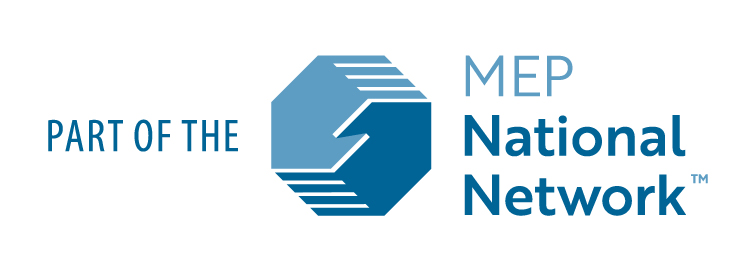Originally founded in 1926 as Indiana Limestone Company, the organization was later acquired by Canadian company, Polycor. Today, Polycor (Indiana) remains the provider of choice for limestone, an internationally renowned natural stone. Throughout an illustrious history in which its stone has made such iconic structures as the Empire State Building, National Cathedral, and the Pentagon, Polycor (Indiana) has reliably provided the highest quality products and services carefully tailored to the needs of the market with an environmental, natural focus.
Polycor (Indiana) primarily cuts, shapes, and finishes limestone for building and other uses. It operates various quarries and mills at multiple locations.
Situation:
Polycor (Indiana) reached out to Purdue MEP for support in validating and improving the operational efficiency of its Bedford limestone cutting facility through Lean implementation training and value stream mapping of one of its fabrication lines.
Solution:
Purdue MEP conducted a Lean 101 training with 16 team members from Polycor. Time was also allocated to creating a spaghetti diagram with a digital Value Stream Map (eVSM) of the most complex and process-driven product lines, thin veneer. The eVSM began with the point the stone is brought to the saws until the finished product is in the shipment area, with a visual representation of the value stream.
Results:
The Lean training was instrumental in creating a base knowledge of waste reduction techniques for a variety of employees at Polycor. With a mindset focused on process improvement and minimizing excessive handling or steps within the product journey, employees are now looking for changes to be more efficient.
The eVSM process validated Polycor’s assumptions of the inefficiencies within the thin veneer product line. It became easy to identify extra handling and movement on that line to produce that product.
The team re-laid out one area specific to that product line that was crossing multiple steps (slabbing, breakers, thin saws) to reposition stations in a more efficient route. Improvements have been realized in not only the thin veneer process by eliminating wasted steps but also in the breaking process by repositioning equipment for greater efficiency.
Production has improved by 9.8% by moving the equipment in a more efficient manner without a labor increase. This was an even greater increase in efficiency than predicted.
Impact metrics:
- Trained 16 employees in Lean implementation best practices, tools, and techniques
- 9.8% improvement in day-to-day throughput on the thin veneer product line due to revamping the layout of the line in a different order to eliminate wasted steps (rearranging)
- With the improvement in efficiencies, Polycor will produce $265,000 more revenue with the same labor over the entire year
“The team really enjoyed the Lean training which was easy to see through the engagement in discussions and activities. The instructor kept the material relevant and relatable for our team. As we continue forward, we are encouraging the team to use what they have learned, find those areas of inefficiencies, and make changes to remove the obstacles and reduce waste. As people make those little changes, they can add up to a lot. We’ll continue to push the team to do more of that.”
- Jeremy Halterman, Director of Fabrication, Polycor (Indiana)
Download PDF


